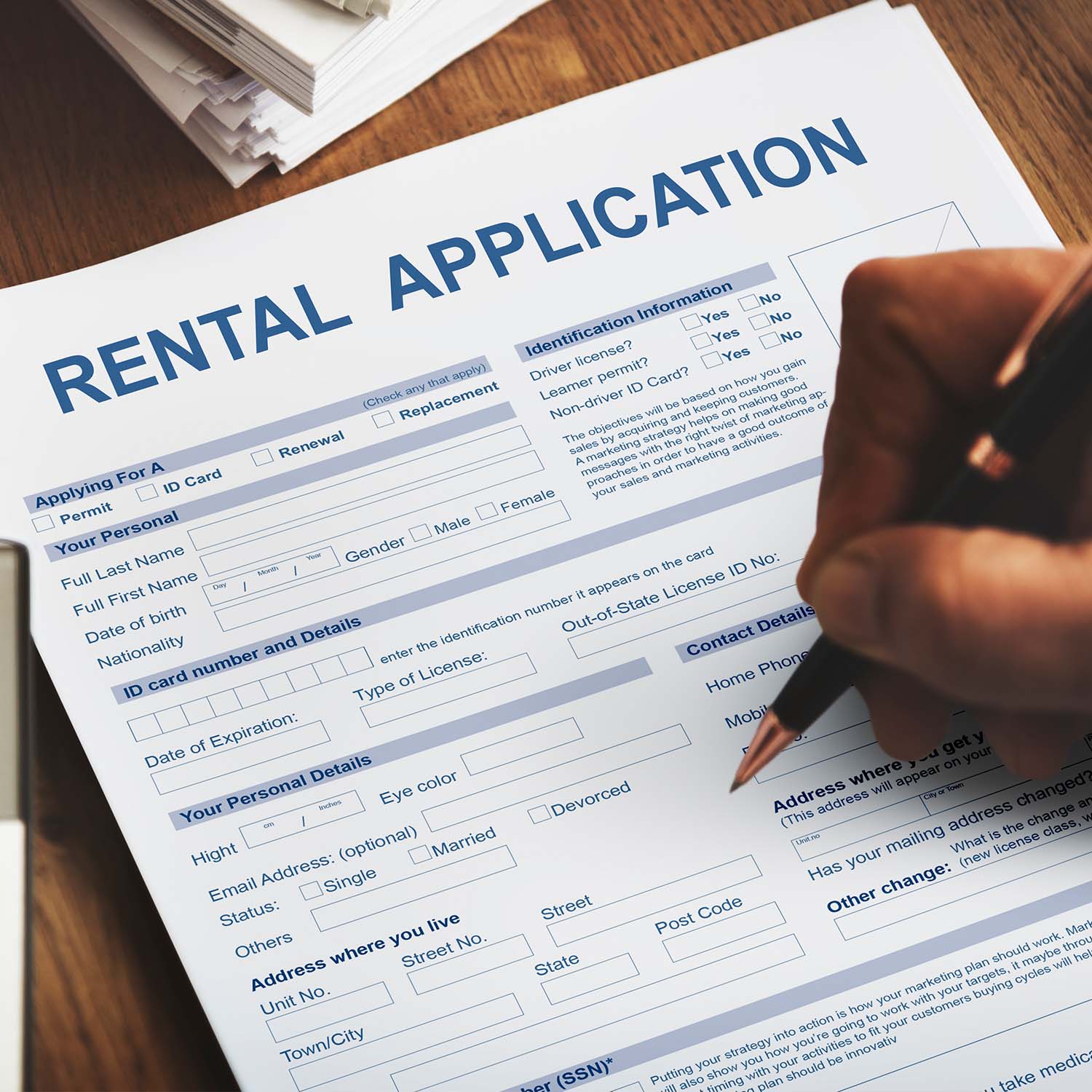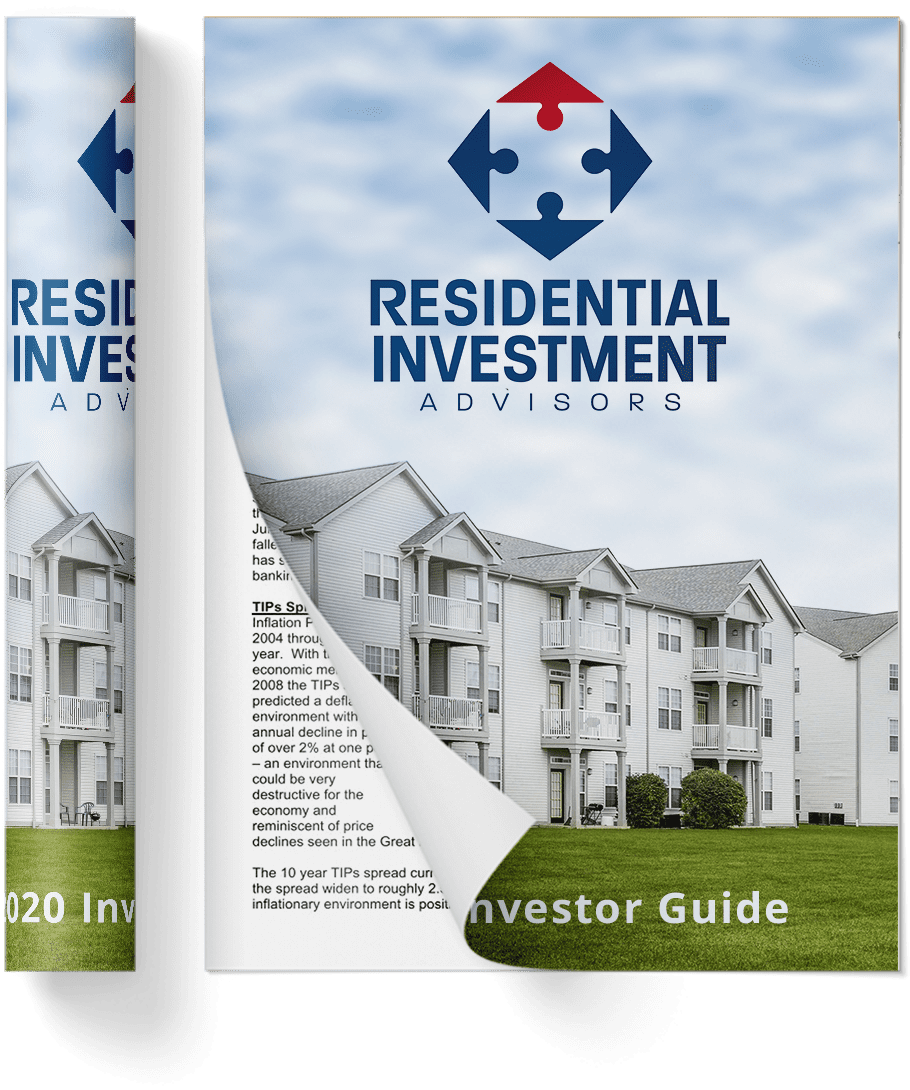Meetups
Your net worth is your network.
If you’re interested in joining us for future meet-ups and events, please contact Kristina at Kristina@ria-inc.com!
Buyer FAQs
When you buy real estate, you’re able to use the bank’s money. When you invest in stocks, you must use your own money. This is referred to as leverage. As your property value goes up, you’ll still make money through rent, significantly increasing your rate of return more so than it would in stock. Additionally, when you factor in leverage, your cash-on-cash return will also increase.
Inflation is a decrease in the purchasing power of money that is reflected in the increase in price of goods and services. For example, every year, what we pay for milk, bread, and gas goes up. Furthermore, when you own real estate, it keeps up with inflation so you are never falling behind in that investment vehicle.
Inflation also plays a large role in determining what kind of investments to make. With real estate investing, the valuation of your assets increases every year just as inflation does. Considering that with saved cash money there is no way to recoup inflation losses every year, this is yet another reason to invest in real estate…and soon. Even for those would-be investors who are afraid of financial commitment, cosigning on a property with a business partner(s) will help you get better payments and assume less risk overall.
While there are certainly risks associated with becoming a real estate investor, such as loss of money, overpaying for a building, or uncooperative tenants, there are plenty more reasons to invest now.
In fact, if your money is currently sitting in the bank, you are actually losing money. The bank is going to pay you a very small return on your savings, but the actual cost of living goes up every single year by a certain percentage. The best part of owning real estate is that it keeps up with inflation.
In short, the amount of down payment one would need to be able to qualify for their first property.
The amount of down payment always depends on the purchase price and the strength of the borrower. That essentially means that when you speak with your lender, they will run your credit, look at your income, assess your debt coverage ratio, and determine how much income you earn and how much debt you have accumulated. They then use what they find to help determine the amount you qualify for and the down payment of the property which varies with every single building.
You actually can invest with zero money down if you are able to find syndicators. If this sounds like something that interests you, please give us a call for more information!
Yes, that’s actually a lot more common than you would think! You can always buy something with a partner, even three or four partners. Sometimes one of the partners brings a construction background to the sale or purchase, while another person brings in a good credit score to help qualify for the loan. We’re happy to help you figure out the percentage you each want in the investment as you move forward with the purchase.
If you’re looking for a partner to help you navigate your first investment, we’re happy to help you there too!
Then we’ll apply that knowledge to a financial analysis and provide you a full financial analysis breakdown.
Bad Deal Examples:
- Overpaying for a property.
- Buying a property where monthly income does not cover the debt of the property.
- Buying a property that has deferred maintenance, foundation issues, or structural problems that will take you a long time to repair.
- Buying where there are bad tenants – the kind you are unable to vacate or who gives you issues with the property and/or doesn’t pay rent.
In 2020, the pandemic that affected us all. As far as multi-family investing goes, laws have been changed, the way that we manage units has changed, the forms that we need have changed, and rent control has been put in place. In short, the way that you manage and what you are allowed and not allowed to do has certainly changed. We recommend that you stay up to date, follow the apartment association and experts like us, and surround yourself with those who are keeping owners informed on best practices when it comes to managing units.
No one wants to lose money, but if you’re going to take the first steps in investing in real estate, you must know it’s a possibility. You may overpay for a building, the economy may take a turn, you may encounter unforeseen repairs and lack the capital to pay for them, or you may buy a building where the tenants are not paying rent. Working with us is the best way you can avoid and navigate these risks…we’ve seen it all.
It sounds cheesy…but by working with us! Hands down, the best way to learn is to hear it from someone who has or is actually investing in multi-family properties. We host monthly seminars in order to connect investors of all kinds and we’d highly recommend attending and learning from those who share their stories.
Investing in anything can be risky, but the advantage of real estate is that with the right information and education, you too can take calculated risks that can land you in a great investment property. Get in touch with our RIA consultants to learn how to make smart decisions every step of the way.



